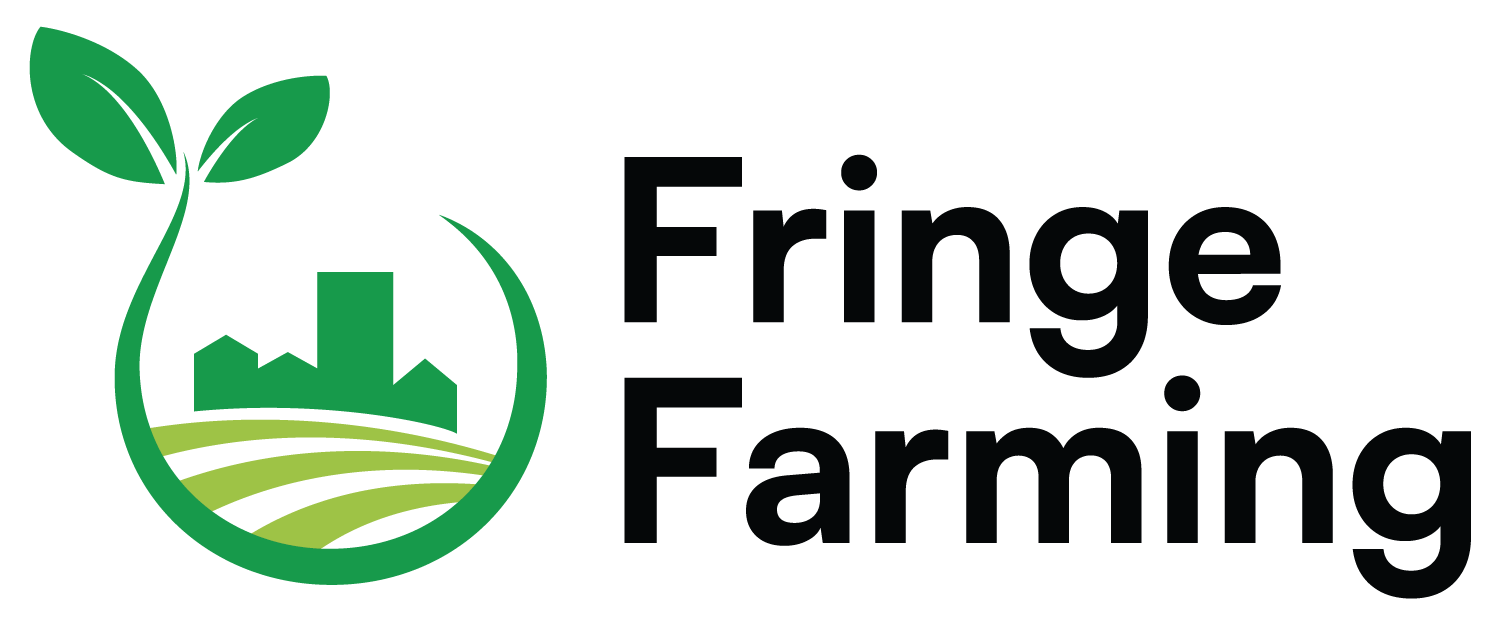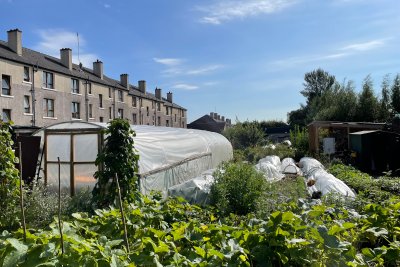Sustain’s motivation to bring agroecological food production closer to urban communities has been strengthened by the inspiration of many growers in and around the urban fringe of UK cities; but it is time to upscale from being a fringe activity to a mainstream part of the food system.
The Fringe Farming project is a collaboration with partners across the UK to understand barriers, identify land opportunities and local actions, and develop national policy to enable agroecological farming at the edge of cities as part of a green economic recovery. With a new generation of farmers and growers looking for suitable sites to meet increased demand for healthy, ecological and culturally-appropriate foods, one of the key challenges to developing localised food systems is finding and accessing land to support equitable opportunities in the sector.
We want to see the creation of a wave of new market garden enterprises that connect the urban and the rural with growing and trading healthy food closer to markets, generating long-term green jobs and resilient economies, and contributing public goods in the process.
Currently gaps in access to information or buy-in from local councils and businesses means that opportunities for integrating the social and ecological benefits of peri-urban farming into resilient food systems are being missed. The Fringe Farming project seeks to address this through place-based research from Bristol to Glasgow; producing a series of events and practitioner forums to understand different contexts and co-create practical solutions and policy guidance.
Agroecological farming - at the heart of this project - takes an integrated approach to producing food where ecological and social principles underpin regenerative systems that work with natural cycles, develop fair livelihoods and equitable land access, and value farmers’ knowledge. The Food and Agriculture Organisation describes 10 elements of agroecology

Supported by:

The Wash House Garden, Glasgow. Credit: Mark Walton | Shared Assets
